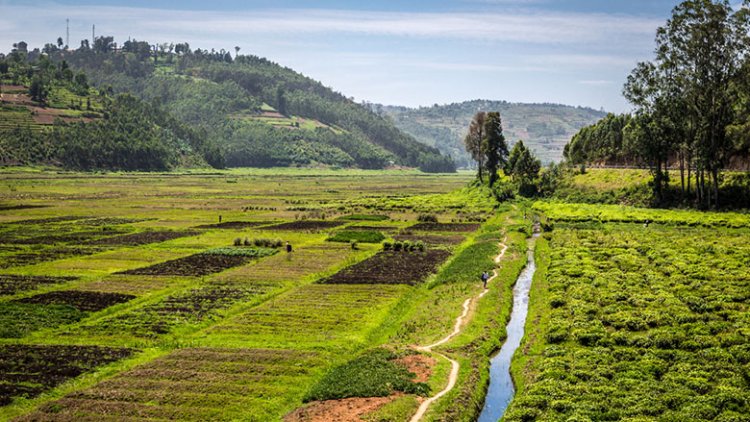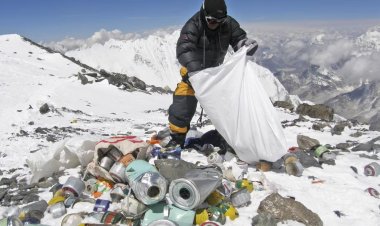Geo-resources in Nepal: Opportunities and Challenges
This article examines geo-resource industry of Nepal, along with its opportunities and challenges. Topics include minerals, metals, and hydropower, along with infrastructure investment and responsible resource management regulations.

Nepal is a small yet resource-rich country in South Asia, known for its renowned for its varied topography and abundance of untapped natural resources. Geo-resources, which comprise different minerals, metals, and other geological materials that can be extracted and used for economic growth, are among these resources. However, despite its potential, the geo-resource sector in Nepal faces a number of challenges that must be overcome in order to fully realize its opportunities.
Opportunities
Some of the opportunities for geo-resources in Nepal:
- Significant deposits of minerals and metals such as zinc, copper, lead, iron ore, limestone, and precious and semi-precious stones.
- Exploration and extraction of oil and natural gas in Terai region of Nepal.
- Development of hydropower projects to generate significant revenue and provide clean, renewable energy to Nepal and its neighbors.
- Nepal's strategic location between India and China makes it an attractive investment destination for energy-hungry markets.
- Development of a strong geo-resource sector can make a substantial impact on Nepal's economic growth.
- Economy Diversification of Nepal beyond traditional sectors such as agriculture and tourism.
- Potential to become a major player in the regional and global market for minerals and metals.
- Adoption of new technologies and practices for more efficient and sustainable resource extraction and management.
- Increased investment in infrastructure such as roads, railways, and ports to improve transport of extracted materials to markets.
- Creation of a solid legislative and regulatory framework to oversee the industry and make sure that resources are used ethically and sustainably.
Challenges
Despite its rich geo-resource potential, Nepal faces several challenges that have hindered the development of this sector. Some of the challenges for geo-resources in Nepal are:
- Lack of investment in infrastructure and technology for efficient extraction, processing, and transport of resources.
- Weak legal and regulatory framework for the sector, which leads to illegal mining and exploitation of resources.
- Limited expertise and capacity in the sector, particularly in exploration and extraction of oil and natural gas.
- Insufficient financing and credit availability for small and medium enterprises (SMEs) in the sector.
- Negative impacts on the environment and the health of nearby communities if not properly managed, requiring strong environmental and social safeguards.
- Limited access to international markets due to low production capacity and inadequate infrastructure.
- High operating costs due to the challenging terrain and lack of economies of scale.
- Political instability and insecurity in some areas of the country, which can disrupt operations and investment.
- Limited availability of skilled labor and education and training programs for the sector.
- Dependence on traditional sectors such as agriculture and tourism, making it difficult to diversify the economy and invest in new sectors like the geo-resource sector.
In conclusion, Geo-resources present Nepal with a large opportunity to expand its economy and generate jobs. However, this potential can only be realized with the required investment in infrastructure and technology, as well as the development of a strong legal and regulatory framework that ensures responsible extraction and management of resources. If these challenges are addressed, Nepal's geo-resource sector has the potential to contribute significantly to the country's economic development while also protecting the environment and the welfare of its citizens.
What's Your Reaction?






































































































